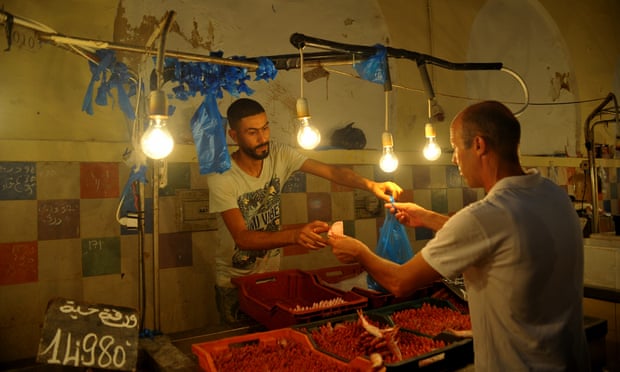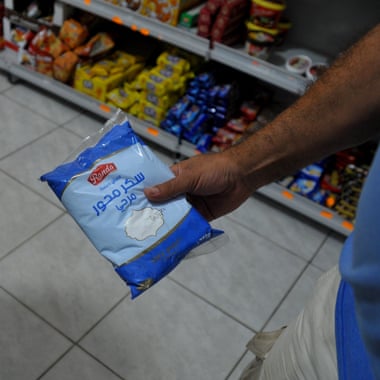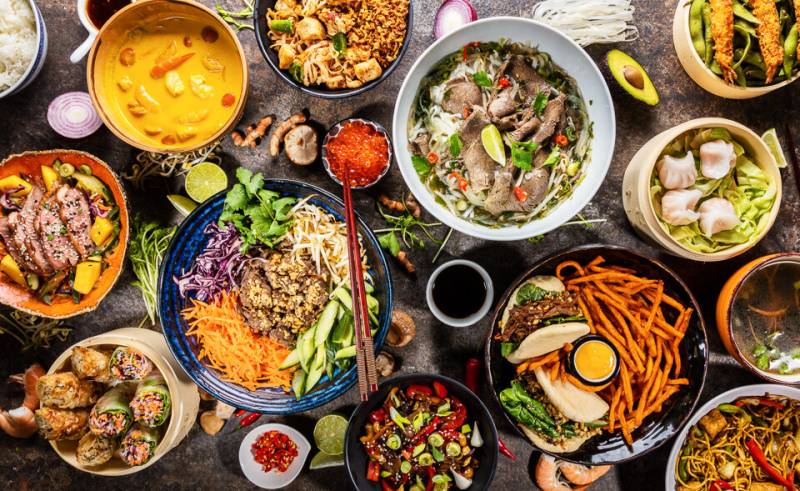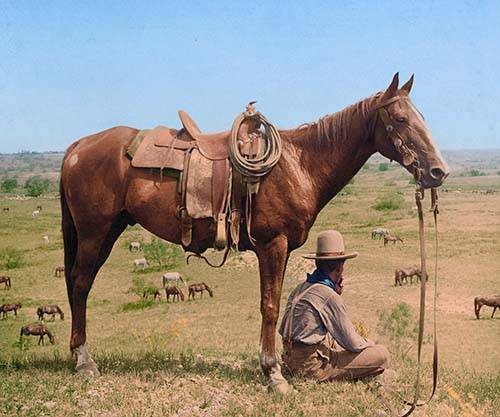Tunisians weary of food shortages
Assaad sits outside his cafe in central Tunis, heavy metal shutters locked behind him. There is no sugar, he says, and he cannot operate without it. Sugar, like coffee and countless other subsidised staples for Tunisians, is in very short supply.Rationing has become commonplace, while supermarkets and small local shops have yawning gaps on shelves once crowded with everyday products. Government announcements on the food shortages have been confusing, attributing the absence of basic foodstuffs both to speculators and selfish hoarders.

Outside Assaad’s coffee shop, an older customer arrives. He has brought the cafe owner a precious bag of sugar but will not say where he got it or how. “I no longer care about this country – use my name, I don’t care,” Assaad says. Living conditions will only deteriorate, he adds. “The country is being suffocated.” Tunisia began subsidising staple foods in the 1970s, meeting part of the cost of flour, vegetable oil and rice among other goods. At the time, it was seen as a way to help the poor during a period of rising global food prices. Over the years, however, the system has grown, increasing the strain on Tunisia’s hard-pressed budget. This year, spending on subsidies is expected to make up about 8% of the country’s GDP – almost twice the share in 2021.

In 2010, the currency was at an average of 1.17 dinar to the dollar. Today, the dollar is worth more than 3 dinar. Public debt has increased to the point where it is expected to reach about 83% of the country’s GDP by the end of the year. Unemployment remains stubbornly high. Another factor is state spending on public salaries and food subsidies, which, as a percentage of GDP, eclipses other comparable economies around the world.
Assaad has had enough. He turns his back, hurriedly preparing the old espresso machine in the just-opened cafe, as a handful of waiting customers gather around the bar.
“For the first time in my life I am thinking of migrating [to Europe] illegally,”




